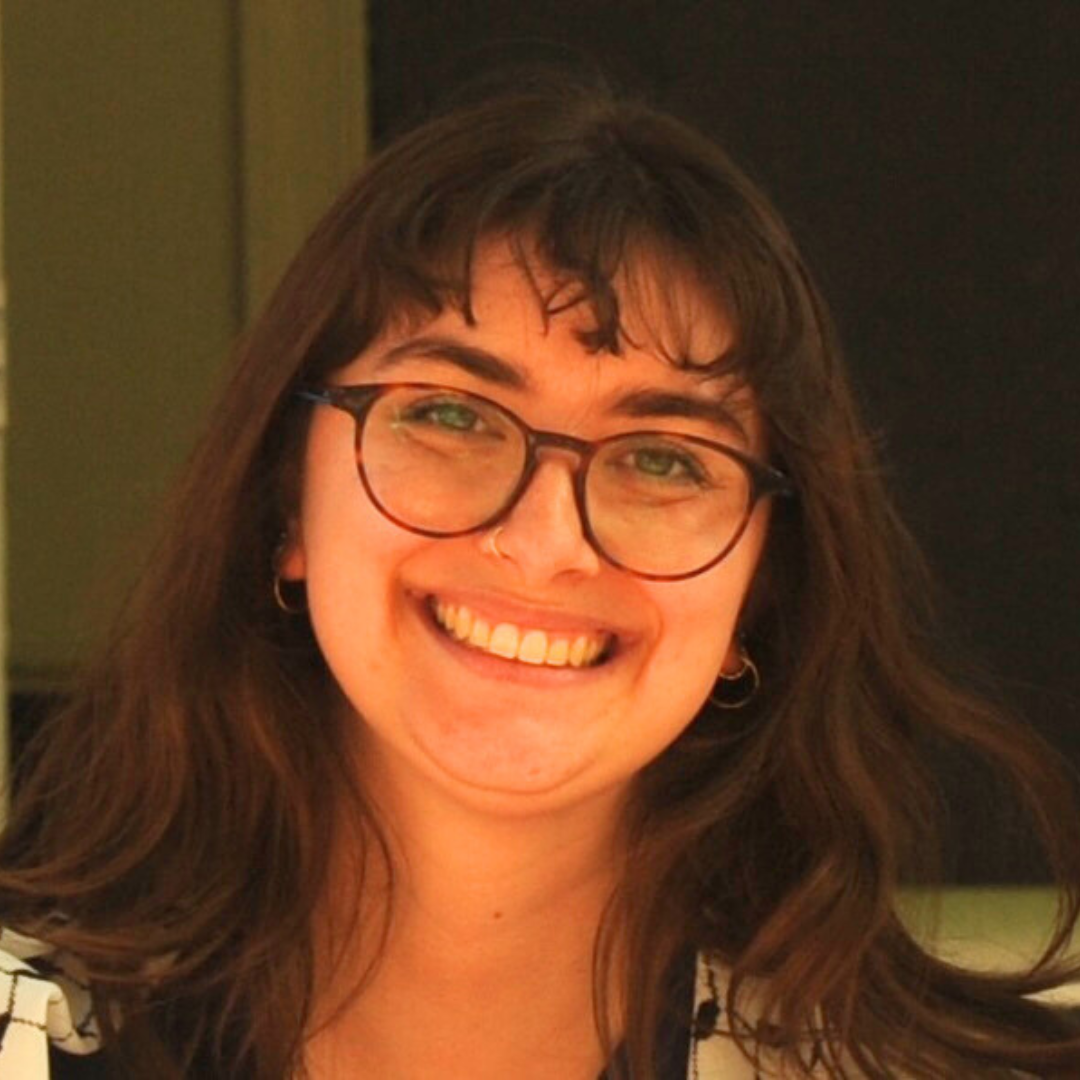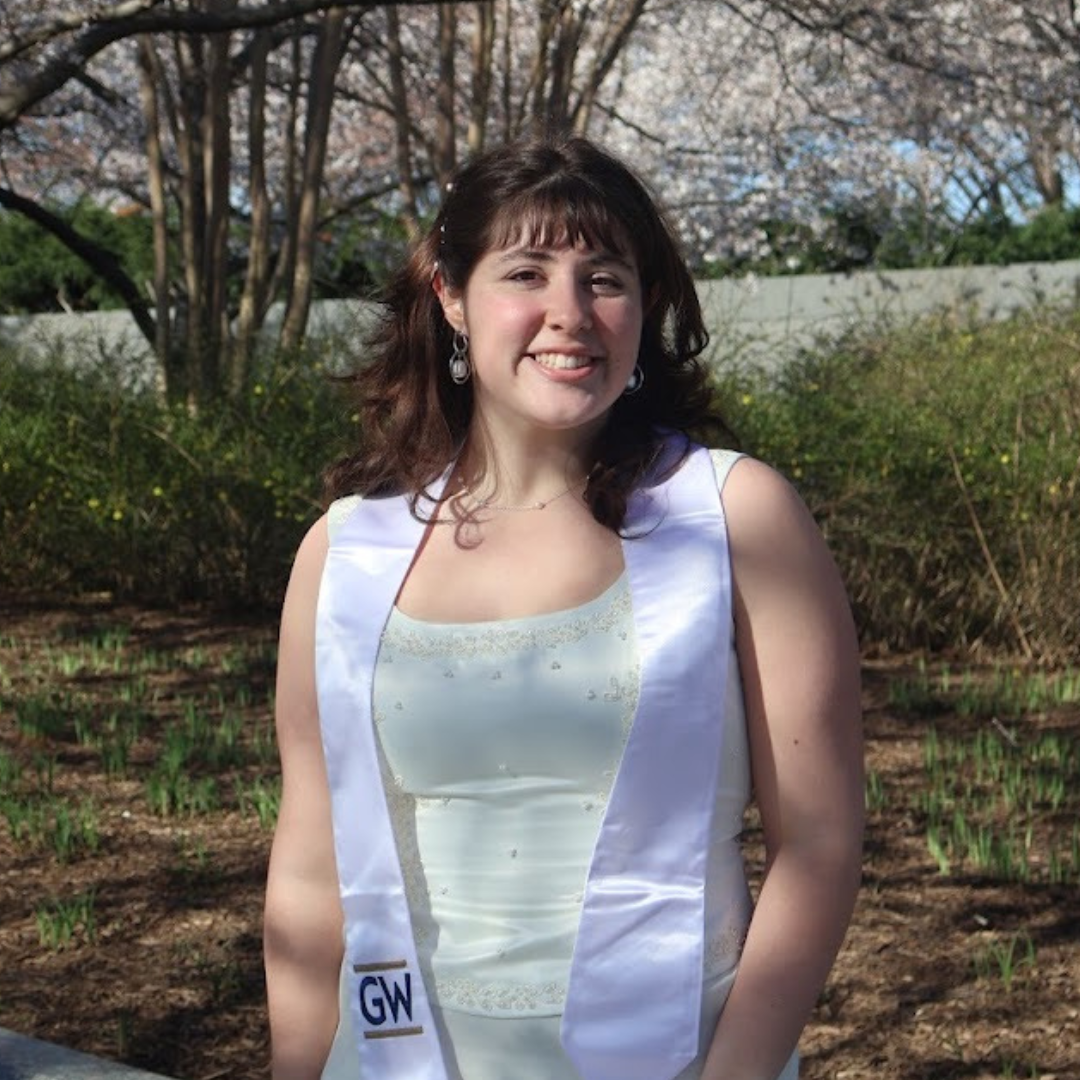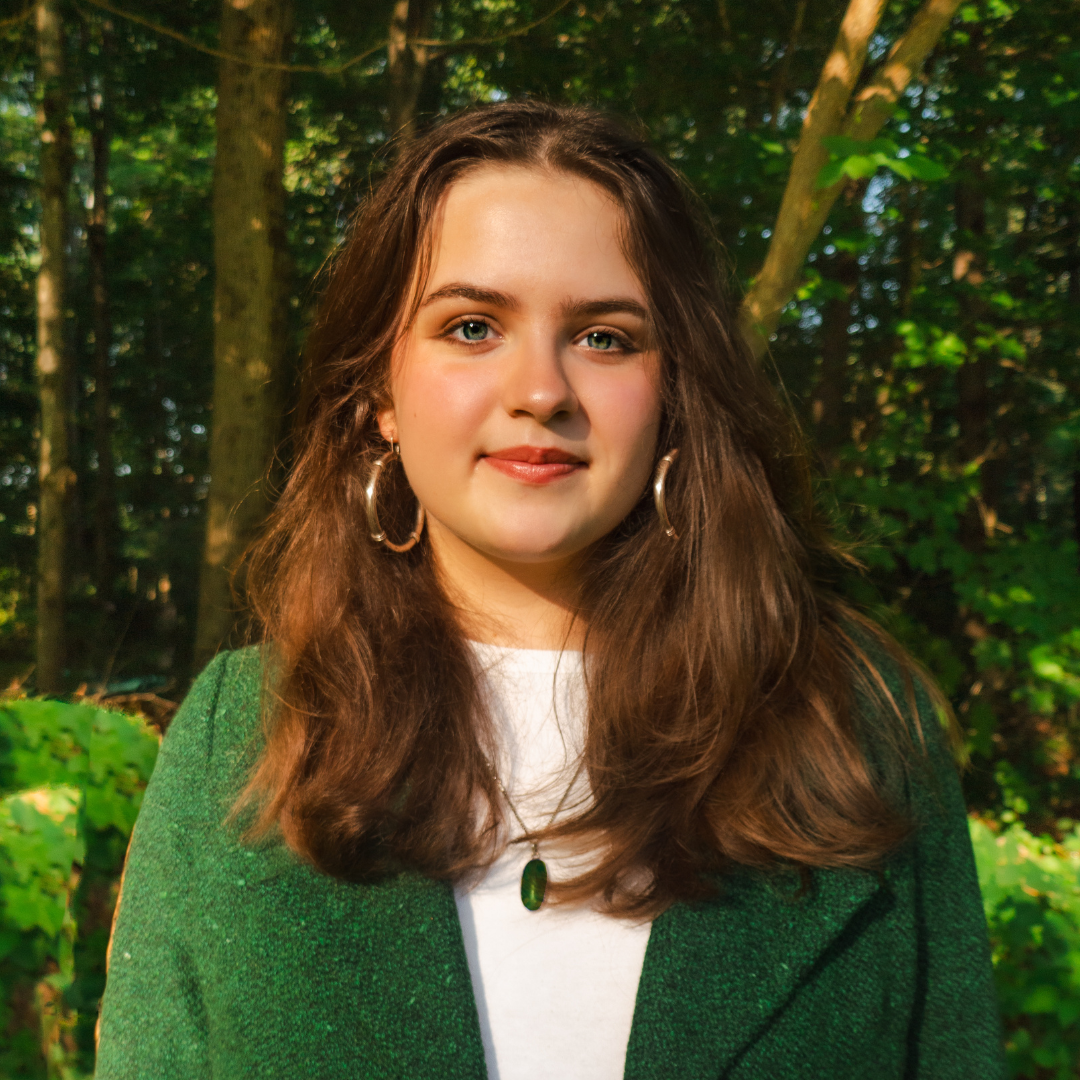Julian Clement Chase Prizes for Writing in the District of Columbia
The University Writing Program, in collaboration with the Creative Writing program and the Nashman Center for Civic Engagement and Public Service, is proud to award three annual undergraduate Julian Clement Chase Prizes: one for Research Writing on the District of Columbia, one for Creative Writing in Washington, and one for Community Impact in the District of Columbia. Each carries a $2,000 award and is honored at an annual ceremony each year celebrating the University’s connections to Washington, D.C. Implementing the intentions of the founders, the prizes recognize and honor — appetite, boldness, the building of community, and the striving toward humane excellence in undergraduate work engaged with D.C.
Helpful Links:
Apply for JCC Prizes
Faculty Incentive Grants
Recent Prize Winning Projects
Library of Winners Projects
History
The Chase Prizes honor Sgt. Julian Clement Chase, a Washington, D.C. native who loved this city. Born at the Columbia Hospital for Women, he attended D.C. public schools from kindergarten through high school, graduating in 2008. He enlisted in the U.S. Marine Corps and served in Afghanistan, earning the Navy and Marine Corps Commendation Medal with Combat Distinguishing Device for Valor. During his second tour of duty, he applied to GW and eagerly anticipated returning to his hometown to enroll as a freshman. On Memorial Day, May 28, 2012, at age 22, he was killed in action in Helmand Province and was posthumously awarded the Purple Heart, and admission to GW.
Julian loved his hometown—from Rock Creek Park to Ben’s Chili Bowl—and relished exploring it. He loved writing, photography, history, and music. To honor Julian’s spirit of home-grown adventure, his family established the Chase Prizes to recognize GW students who explore D.C. with the intelligence and exuberance that he did.
Sgt. Julian Clement Chase, courtesy of his family.
Apply for Julian Clement Chase Prizes
For full information and application details for each prize, please follow the links below. You can also read the beautiful work of past winners.
2025 Prize Winners

Research Writing on the District of Columbia
Bella Kumar
“Pedagogy and Praxis, a Movement: The New Thing Art and Architecture Center”

Creative
Writing in Washington
Zoe Carver
“Ice, reflected”

Community Impact in the District of Columbia
Ruby Leonard
SewUp! - Sustainable Clothing Practice



